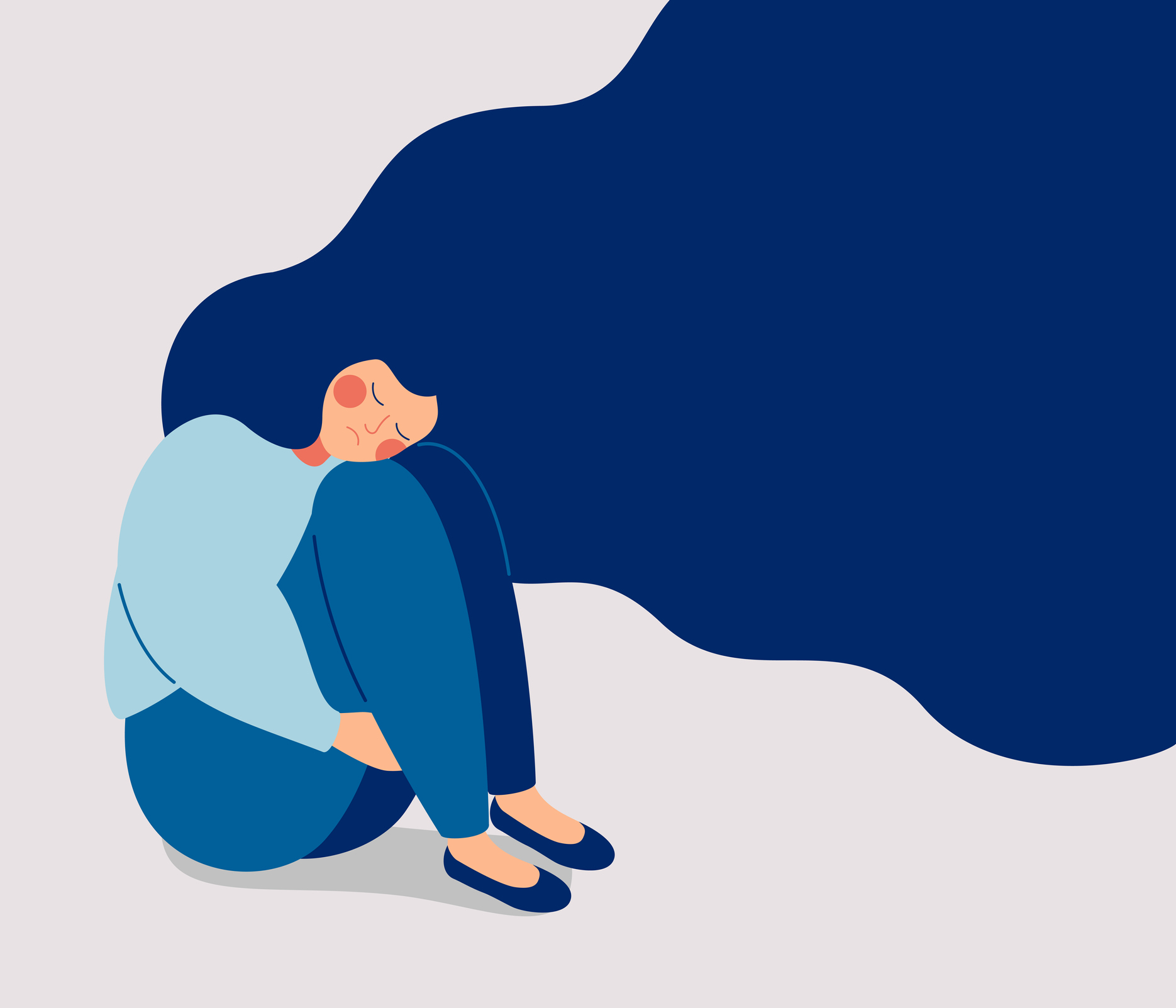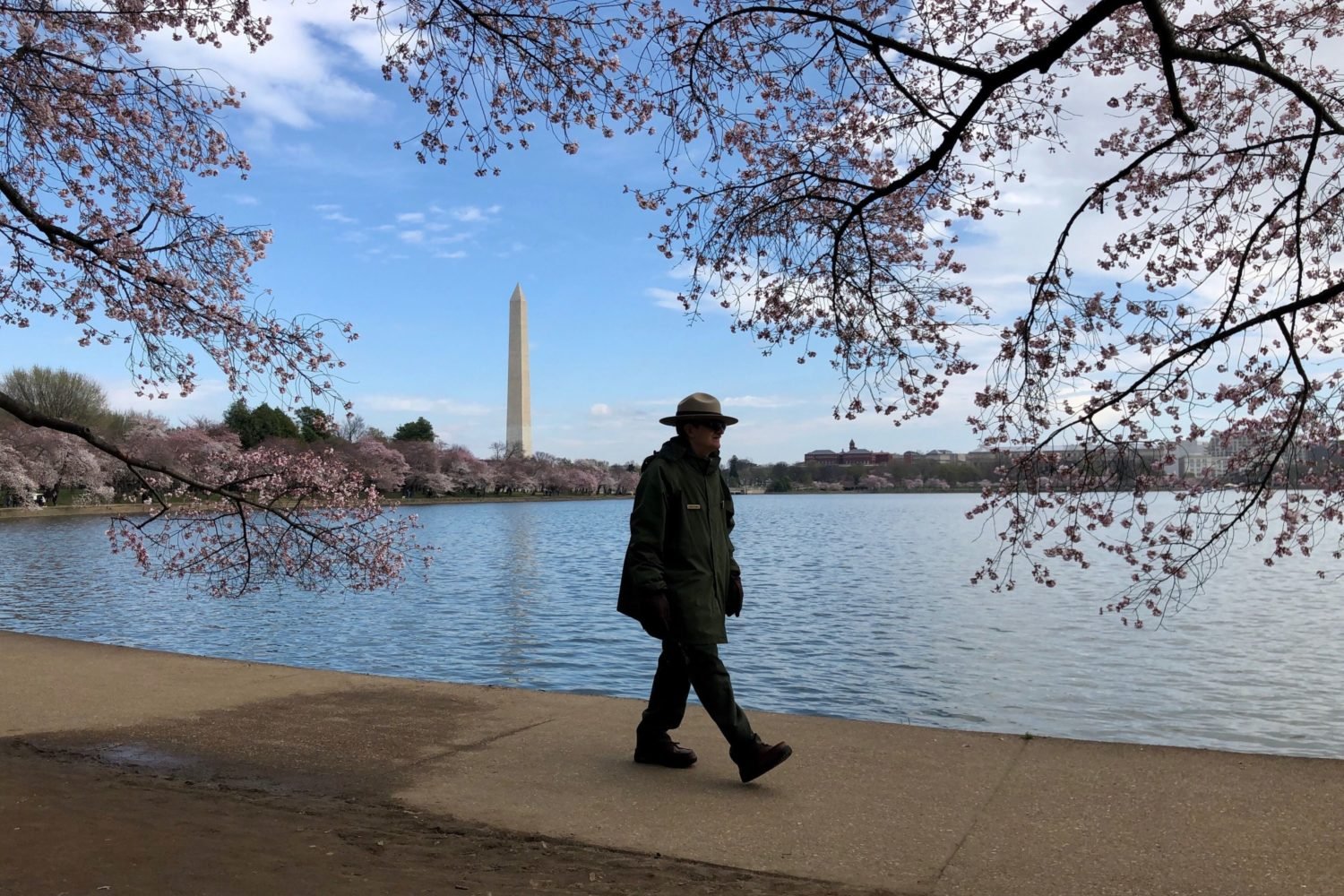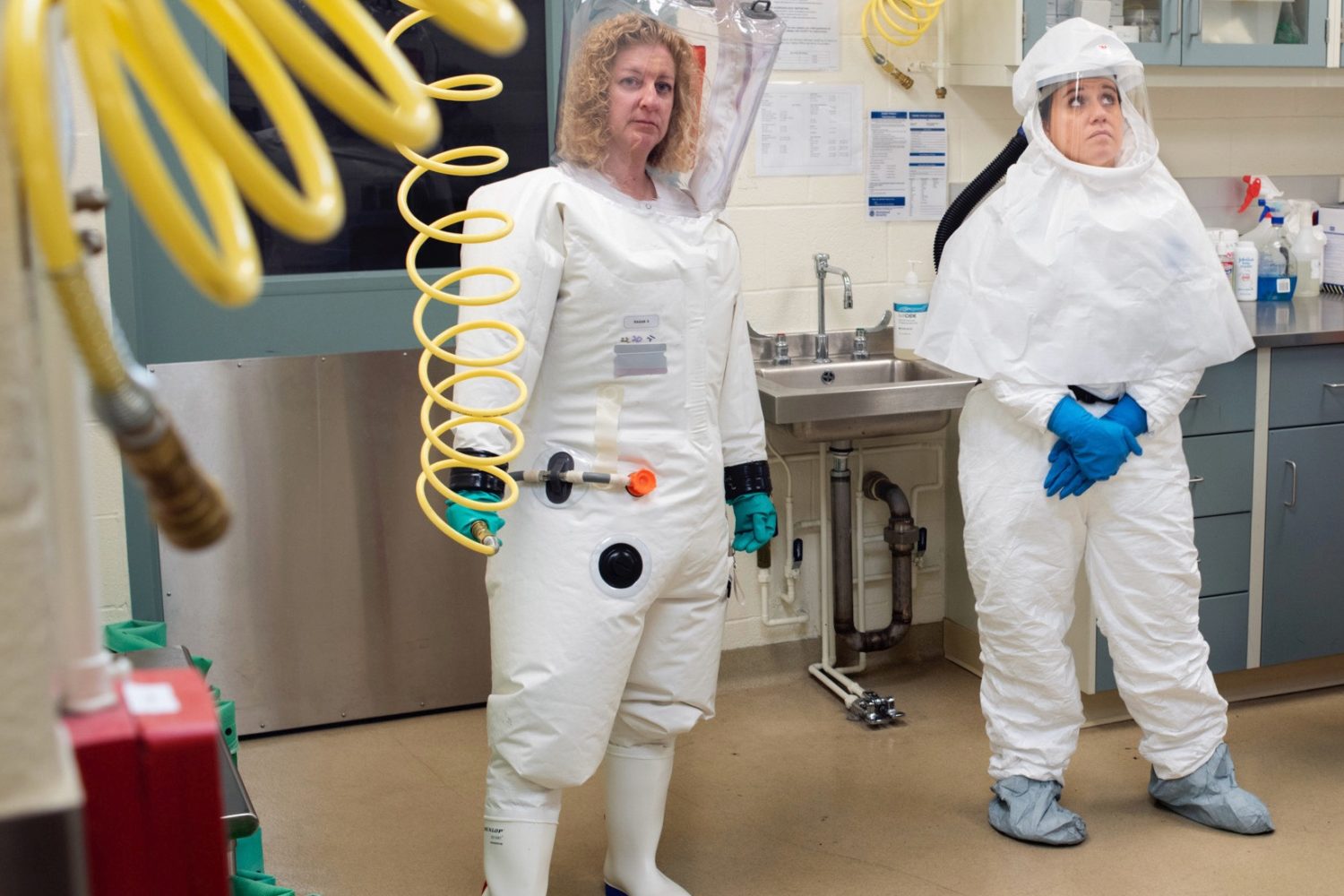About Coronavirus 2020
Washingtonian is keeping you up to date on the coronavirus around DC.
It’s a fair statement to say we currently have more time on our hands to contemplate life. Like, a lot of time. An excess of time. Endless, limitless, terrible expanses of time.
The pandemic is making people reevaluate what’s important—how or where they want to spend their lives and what they want to prioritize. Whether these existential contemplations have arisen via specific, pandemic-related circumstances or are just the byproduct of being cooped up inside all day surrounded by morbid news, they’re happening. And people are deciding to make changes.
Catherine Rytkonen, 41, has been in the Washington area for over 20 years, first living in the DC group houses of her early 20s before moving to Takoma Park, where she’s put down roots. It’s where she runs her own locally focused events business, it’s where she raised her 20-year-old son, and it’s where she planned to raise her 21-month-old baby. Until, you know, the world ended.
Now Rytkonen and her partner are considering moving out of the DC area for good. When her partner was originally offered a job in Ohio a few months ago, the family turned it down. They loved Washington—as a one-car family, using public transportation was important to them, as was living somewhere with a thriving arts and food scene and a good school system.
But now Rytkonen’s events business has taken a hit, and her partner’s job as a golf caddy is on hold. Suddenly, Ohio is looking better, she says, thanks to a lower population density, less reliance on potentially germ-filled public transportation, and a steady job and income.
“Every part of me wants to stay here, but the rational decision feels like we should move,” says Rytkonen. “How important are all these things that really kept me here?”
Besides the potential move, the pandemic has also made Rytkonen consider homeschooling her daughter down the road. “When I look at the reality of the even bigger future, like climate change—how many more pandemics are we going to go through?,” she says. “If this happens when she’s 5, how much less of an impact would it be if I was just homeschooling her? That’s crazy to think about, because that was not a factor before.”
The pandemic is also making Brittany Payne, 32, reconsider where she should call home. Payne has been traveling through Central America since the beginning of the year, running her health and wellness company virtually. The plan was to backpack around for a year or so, then return to DC, where she’s lived for the past eight years.
Now she’s not so sure she wants to do that. Payne is currently in Guatemala, and she says she feels safer there than she would in the United States.
“The way that the response was handled with the pandemic and still is in the United States is really mind-boggling to me,” says Payne, comparing it to the efficient and quick response she’s seen in Central America. “Being here and being away from it all—it’s really made my outlook change on how our [country’s] systems are in place.”
And if she does eventually return to the US full-time, Payne’s not so sure she’ll move back to DC. Her business has suffered during the pandemic, highlighting the importance of having a financial safety net. “The cost of living is so high in DC, if you don’t have about six to nine months’ of savings, it’s going to be very, very hard for you,” she says. “Do I really want to expose myself to that again?”
The economic fallout due to the pandemic also has people reexamining their resumes—how can they ensure they’re the most employable versions of themselves if they have to find a new job?
In 31-year-old Mohamed Shalabi’s case, the Alexandria government contractor has used his newly minted free time to teach himself new skills like coding. While he still has a job, he sees this as playing it safe. “The pandemic actually got me thinking about the insecurity of some of the jobs out there and how it would be very helpful to have digital skills,” he says. “Something that’s a little bit more secure just in case the first job doesn’t work out.”
He’s also using the time he’d otherwise be commuting or with friends to learn new languages and work on a novel, a longtime dream of Shalabi’s that he fears may be adversely affected by the pandemic. He has an agent, but he’s worried publishers won’t accept new proposals for a while. “That’s my biggest scare,” he says. “That’s my goal in life—I’m writing to get published.”
Not only has the pandemic forced people to reevaluate careers and skill sets and geographic locations, it’s also made some approach their lives with a greater sense of clarity.
Olivia Upham, a 21-year-old George Washington University student who’s now at home in Michigan, says the past several weeks have been somewhat revelatory. “[This] has definitely shifted my perspective on how intentionally I spend my time,” she says. To that end, the international affairs major is now working on a collection of nonfiction essays, and she’s revived her project of being pen-pals with a collection of her mom’s former second grade students.
She also decided to end a romantic relationship that was no longer bringing her joy. She’s already lost the spring of her junior year, and there are rumors GW students may not be back on campus until 2021, she says—time is too important to be lukewarm on the particulars of your life.
“This has given me perspective that you don’t really have time to wait around and wake up happy,” says Upham. “It’s something you have to actively seek.”





















